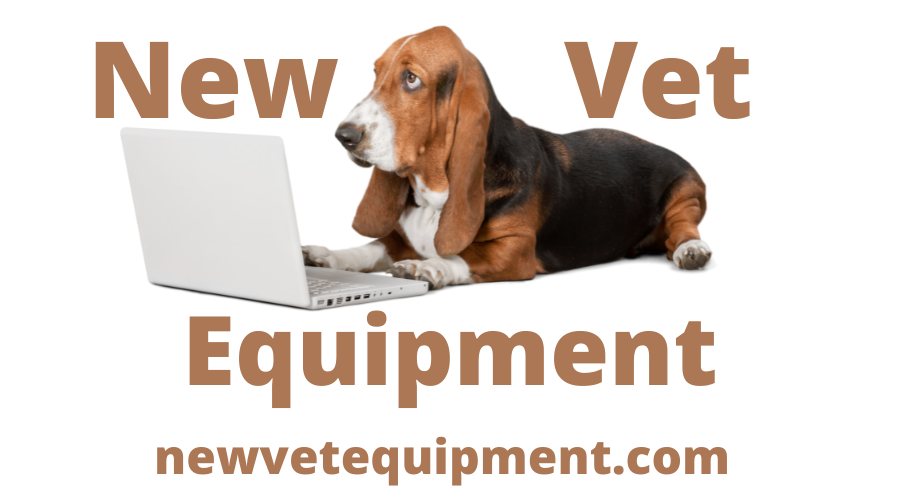Overcoming compassion fatigue for Veterinarians
““Veterinarians often face compassion fatigue, stemming from the emotional toll of their work. Recognizing signs like burnout and emotional exhaustion is crucial. By setting boundaries and prioritizing self-care, vets can manage this fatigue. Learn practical strategies for maintaining your well-being and delivering exceptional care in our latest blog.””
Compassion fatigue is a genuine and often overlooked issue many veterinarians face in our work.
The demanding nature of the job, the emotional toll of caring for sick and injured patients, and the pressure to provide the best possible care can all contribute to feelings of overwhelm and exhaustion.
Thankfully, there are strategies that veterinarians can use to overcome compassion fatigue and continue to provide the high level of care that their patients deserve.
First and foremost, it’s essential to recognize the signs of compassion fatigue (also known as empathetic distress) in ourselves and those we work closely with. These signs may include:
Feelings of burnout
Emotional exhaustion
Cynicism
Decreased sense of personal accomplishment
Once we recognize these signs, we can take steps to address and manage the things we’re most struggling with.
Setting clear boundaries is an act of self-compassion and respect.
Setting Boundaries is one of the best (often most challenging) strategies for overcoming compassion fatigue.
Learning to say no when feeling overwhelmed, giving yourself permission to take breaks, and prioritizing self-care are often frowned upon in our field.
Veterinary teams are filled with caring, empathetic individuals who are notorious for overcommitting and overburdening themselves, making it difficult to set boundaries with colleagues and pet parents.
Setting some self-boundaries is a great place to start! Ask yourself:
What limitations can I set around being contacted during personal time?
What can I delegate to a colleague or team member to reduce feeling overwhelmed?
How can I empower my team to handle challenging situations so I’m pulled in less frequently?
What can I do to prioritize myself and the things that bring me joy?
Having even so much as a general answer to some of these questions can help you start to set some boundaries to reduce feeling overstressed.
How can you set boundaries with pet parents?
Setting a boundary with your clients can feel uncomfortable at first. To get started, you’ll need to identify the types of behavior you’ll tolerate and those you won’t.
For example, you might be willing to tolerate a pet parent sharing their frustration over an extended wait in the lobby.
Still, you’re unwilling to tolerate yelling, foul language, or verbal abuse toward you or your staff.
Next, you’ll need to kindly yet firmly communicate the boundary you’ve set. This part can feel a little uncomfortable if it’s not part of your daily practice.
For example, “Thank you for sharing your feedback, Mr. Smith. While I understand your frustration, my team and I will not tolerate abrasive behavior. I’d like to ask that you reduce your tone, or I’ll have to move on to my next appointment.”
Setting boundaries with your clients demonstrates compassion for your team, encourages respect from pet parents, and protects your mental health.
Tip: This can be a great team-building activity at a staff meeting.
By allowing the team to collectively establish acceptable and unacceptable behavior (both internally and from clients), you empower each of them to have a voice. You can equip them with strategies to use when facing a difficult situation.
Consider adding boundary-setting and reinforcement strategies to your next team huddle so your team feels prepared to enforce the boundaries you’ve agreed upon.
Self-care is a close second for the best strategies to overcome compassion fatigue.
Self-care means taking the time to prioritize your own physical, emotional, and mental well-being. Making daily choices to engage in activities that bring joy and relaxation, like:
Exercise (going to the gym, rollerblading, dance, martial arts…)
Hobbies (reading, coaching, golfing, DIY projects)
Spending time with loved ones
All too often, we feel dedicating time to ourselves feels selfish, or “we’ll get to it tomorrow,” but over time, it harms our interactions with our staff, patients, and clients.
Studies have shown that regular self-care enhances Veterinarians' ability to continue caring for patients compassionately, safely, and more accurately (decreasing mistakes and enabling critical thinking).
Remember, it is not selfish to prioritize your well-being…
…it’s necessary to continue to show up as the best version of yourself for your patients and clients. If we don’t take a moment to recharge ourselves, we won’t have enough juice left to help those who need us most.
Wellbeing Resources Geared Toward the Veterinary Community
The American Veterinary Medical Association (AVMA) hosts a number of CE-accredited trainings and webinars and offers a free wellbeing assessment along with some helpful self-care tools
Not One More Vet (NOMV) is an organization that works tirelessly to support the well-being of the veterinary community
Suicide and Crisis prevention Hotline offers free, confidential support for those in distress
Don’t allow yourself or your team to suffer alone. Don’t wait. Reach out. Speak up.



